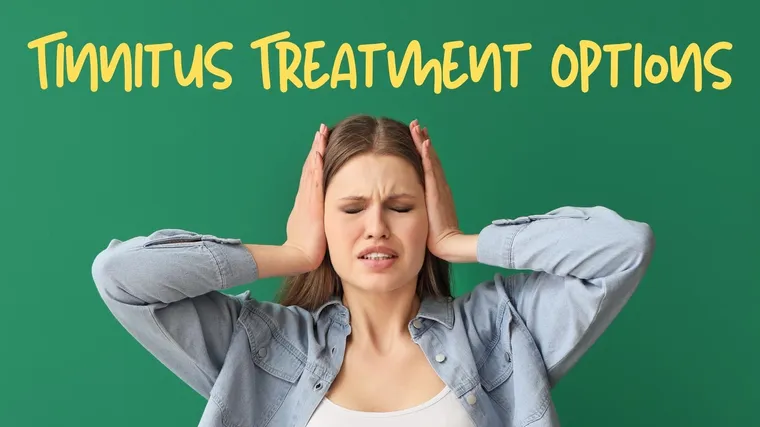Tinnitus, often described as a persistent ringing, buzzing, or hissing sound in the ears, affects millions of people around the world. This condition can range from mildly annoying to severely disruptive, impacting sleep, concentration, and overall well-being. While it’s not a disease itself, tinnitus is often a symptom of an underlying issue such as hearing loss, ear injury, or circulatory system problems. Because tinnitus varies in intensity and cause, treatment approaches need to be personalized and may include a combination of sound therapy, lifestyle changes, and medical or holistic care.
Finding the right tinnitus treatment starts with understanding what triggers or worsens your symptoms. Stress, loud noise exposure, earwax buildup, or certain medications can all contribute to the condition. Although there is no universal cure, many people find relief through a range of options. From hearing aids and sound masking devices to cognitive behavioral therapy (CBT) and dietary changes, treatments can significantly reduce the impact of tinnitus on daily life. Natural remedies, mindfulness techniques, and sound enrichment also show promise in helping individuals manage this persistent and frustrating condition.
Common Causes of Tinnitus
- Age-related hearing loss
- Ear infections or earwax blockages
- Exposure to loud noise
- Head or neck injuries
- Medication side effects
- High blood pressure or vascular conditions
Identifying the root cause is essential for effective treatment.
Treatment Options for Tinnitus
- Hearing Aids
Many people with tinnitus also have hearing loss. Hearing aids amplify external sounds, making tinnitus less noticeable. - Sound Therapy
This method uses background noise or specialized sounds to mask tinnitus. White noise machines, nature sounds, or music can provide relief. - Cognitive Behavioral Therapy (CBT)
CBT helps patients manage their emotional response to tinnitus, reducing anxiety and improving quality of life. - Tinnitus Retraining Therapy (TRT)
A blend of sound therapy and counseling designed to retrain the brain to ignore tinnitus sounds. - Medication & Supplements
While no drug cures tinnitus, some medications or supplements (like zinc or ginkgo biloba) may help reduce symptoms.
Natural and Lifestyle Remedies
- Reduce Caffeine and Salt: Both can increase tinnitus intensity for some people.
- Practice Relaxation Techniques: Yoga, meditation, and deep breathing help manage stress, a common trigger.
- Exercise Regularly: Physical activity improves blood flow, potentially reducing symptoms.
- Protect Your Ears: Avoid loud noises and use ear protection when needed.
Conclusion
Tinnitus can be a challenging condition, but effective treatments do exist. Whether you choose medical, therapeutic, or natural approaches, managing tinnitus starts with understanding your body and your triggers. With time, patience, and the right support, many people find lasting relief and a path back to peace and quiet.

